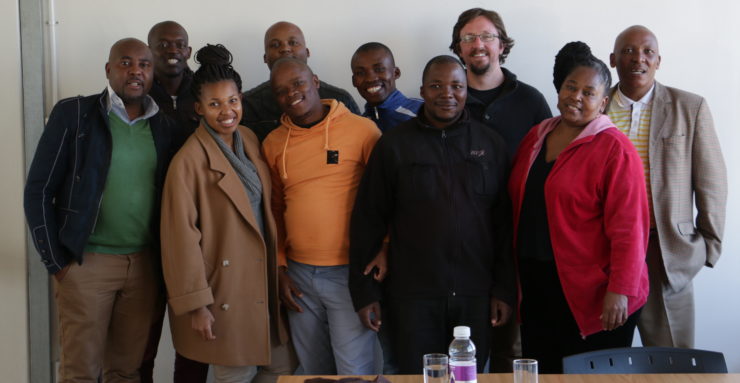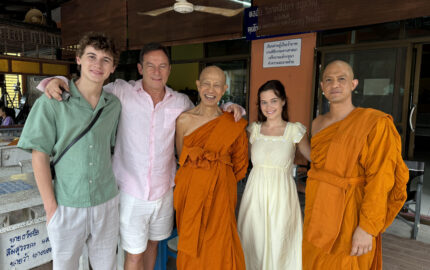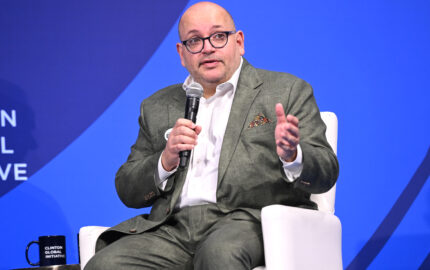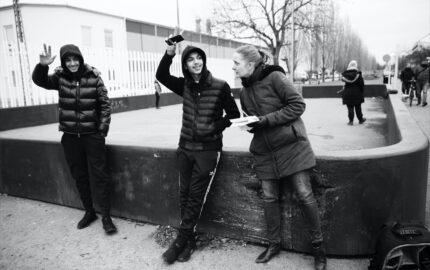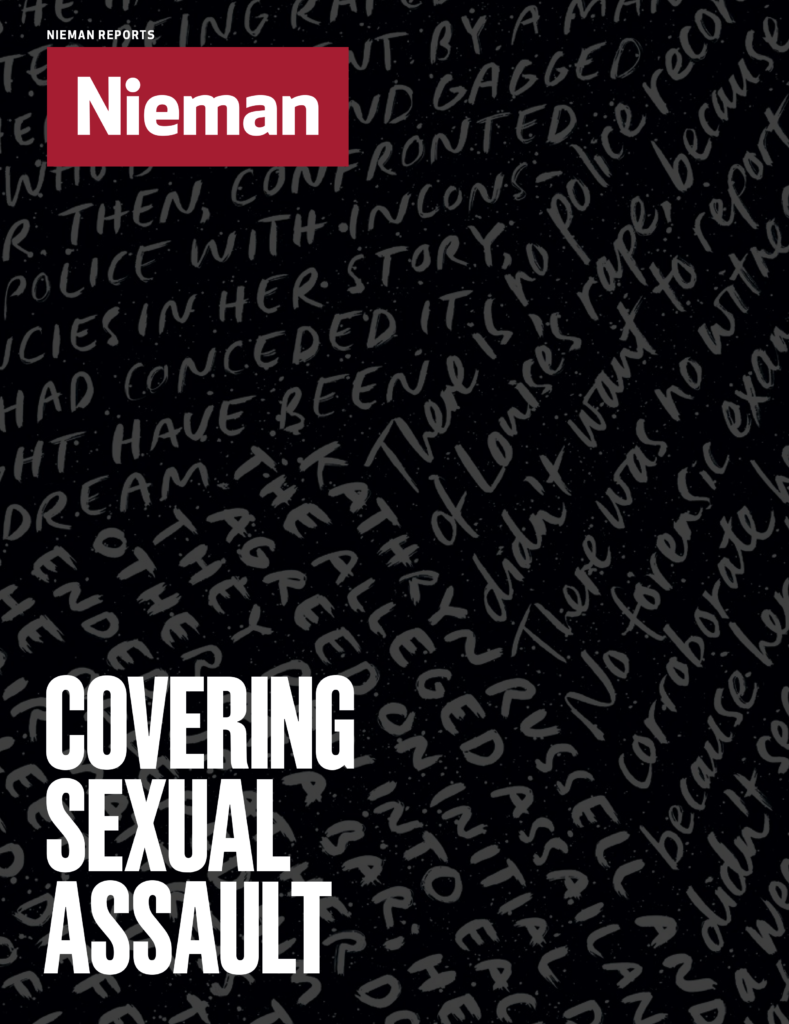
Covering Sexual Assault
At a time when high-profile cases of rape and sexual assault continue to make the news with depressing regularity, the need for fair, ethical, and hard-hitting reporting on the crime is more important than ever. But figuring out how to write about the topic is one of the biggest challenges a journalist can face. It can be difficult for reporters to build trust with sources, and even figuring out the right language to use is not always obvious. But by setting a few ground rules, avoiding bias, and maintaining an unwavering commitment to getting the facts straight, journalists can reveal to the public the complexity of sexual assault cases—and in turn, inform debate about how to prevent the crime and the institutional failures that often accompany it.
A laptop was cracked across the reception desk. A hole was put through the red painted wall. And a 2015 award for best radio documentary, hanging high, was pulled down and the glass shattered. This was the scene this past September at Thetha FM, a community radio station 50 kilometers outside of Johannesburg, South Africa, after more than 10 members of the ruling party attacked the station because it granted an interview to a member of the opposition.
I have worked with Thetha since 2013 and my nonprofit, Citizen Justice Network (CJN), helped the station win the award that was vandalized. Based in Johannesburg, CJN trains activists who work in social justice to be radio journalists, connects them with one of eight local stations, and guides them to broadcast their stories. Our 16 members have access to people whose stories are seldom told in a country where radio remains the dominant media.
As a print and radio journalist, I have dealt with government control of community media. The violence at Thetha is a worrisome development, one that I hope my Nieman Visiting Fellowship will help me address. The connections I made and the discussions I had while at Harvard provide me with a tool box of ideas and alliances. Harvard Business School professor Rafael M. Di Tella suggested to me that Citizen Justice Network advocate for a transparent accounting of the funds moving between government and media and publish a report annually.
A major CJN initiative fueled by my fellowship is bringing community broadcasts to a wider audience. Currently, when the broadcast is over, the information floats away as if yelled on a street corner. Digitizing community radio programs will make them accessible to more listeners and will enable more collaboration between community radio and the broader media world. This is a step I’m discussing with the MIT Center for Civic Media. Transcribing and translating community content will allow us to bring coverage of issues, such as human trafficking and illegal evictions, to new audiences. One hurdle is language. We have been in talks with translation services and members of Google to help us gain access to quality tools for African languages.
During my Visiting Nieman Fellowship I was encouraged to build an army of citizens who have shown an interest in local matters and will contribute photos, comments, or sound clips on a regular basis. We will work with PRX in Boston to syndicate programs on African community radio stations; currently each station operates independently to fill broadcast hours with minimal resources. We want the stations to proudly share their best stories. We plan to work with Sourcefabric to build streaming radio stations for people living beyond transmission range. And finally, we are going to disseminate more local stories to national and international media so these voices become relevant and vital for all of us.
I have worked with Thetha since 2013 and my nonprofit, Citizen Justice Network (CJN), helped the station win the award that was vandalized. Based in Johannesburg, CJN trains activists who work in social justice to be radio journalists, connects them with one of eight local stations, and guides them to broadcast their stories. Our 16 members have access to people whose stories are seldom told in a country where radio remains the dominant media.
As a print and radio journalist, I have dealt with government control of community media. The violence at Thetha is a worrisome development, one that I hope my Nieman Visiting Fellowship will help me address. The connections I made and the discussions I had while at Harvard provide me with a tool box of ideas and alliances. Harvard Business School professor Rafael M. Di Tella suggested to me that Citizen Justice Network advocate for a transparent accounting of the funds moving between government and media and publish a report annually.
A major CJN initiative fueled by my fellowship is bringing community broadcasts to a wider audience. Currently, when the broadcast is over, the information floats away as if yelled on a street corner. Digitizing community radio programs will make them accessible to more listeners and will enable more collaboration between community radio and the broader media world. This is a step I’m discussing with the MIT Center for Civic Media. Transcribing and translating community content will allow us to bring coverage of issues, such as human trafficking and illegal evictions, to new audiences. One hurdle is language. We have been in talks with translation services and members of Google to help us gain access to quality tools for African languages.
During my Visiting Nieman Fellowship I was encouraged to build an army of citizens who have shown an interest in local matters and will contribute photos, comments, or sound clips on a regular basis. We will work with PRX in Boston to syndicate programs on African community radio stations; currently each station operates independently to fill broadcast hours with minimal resources. We want the stations to proudly share their best stories. We plan to work with Sourcefabric to build streaming radio stations for people living beyond transmission range. And finally, we are going to disseminate more local stories to national and international media so these voices become relevant and vital for all of us.
